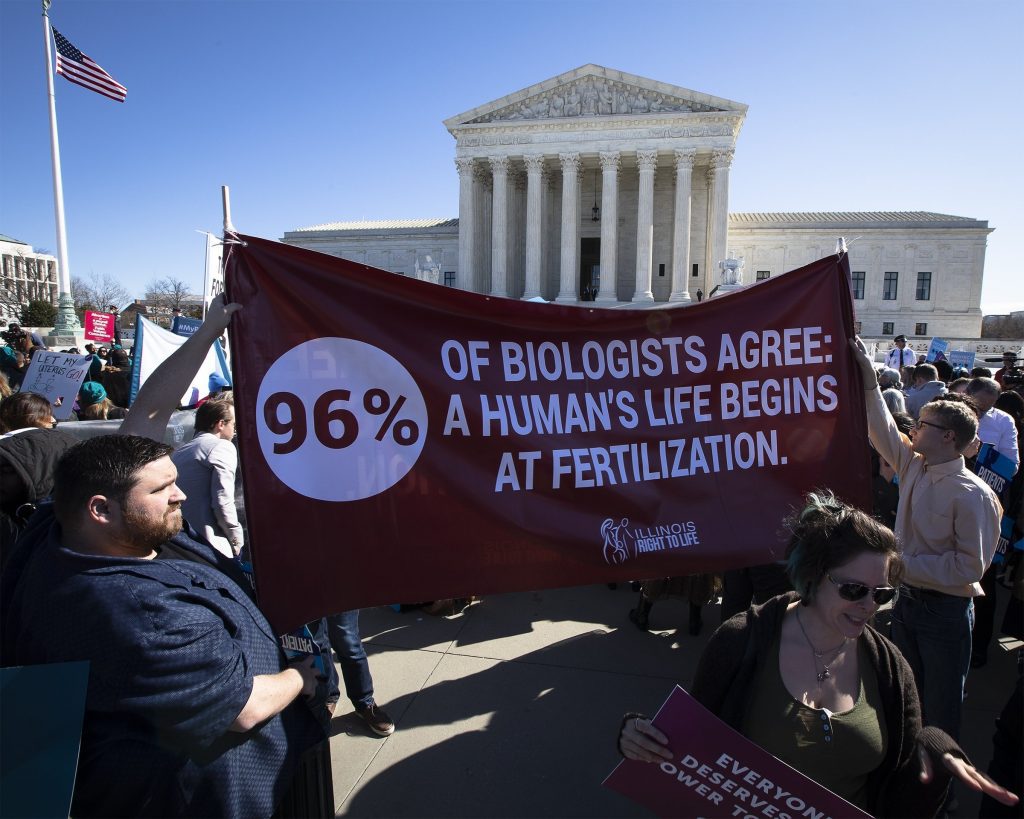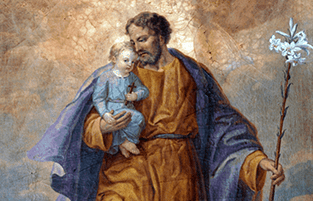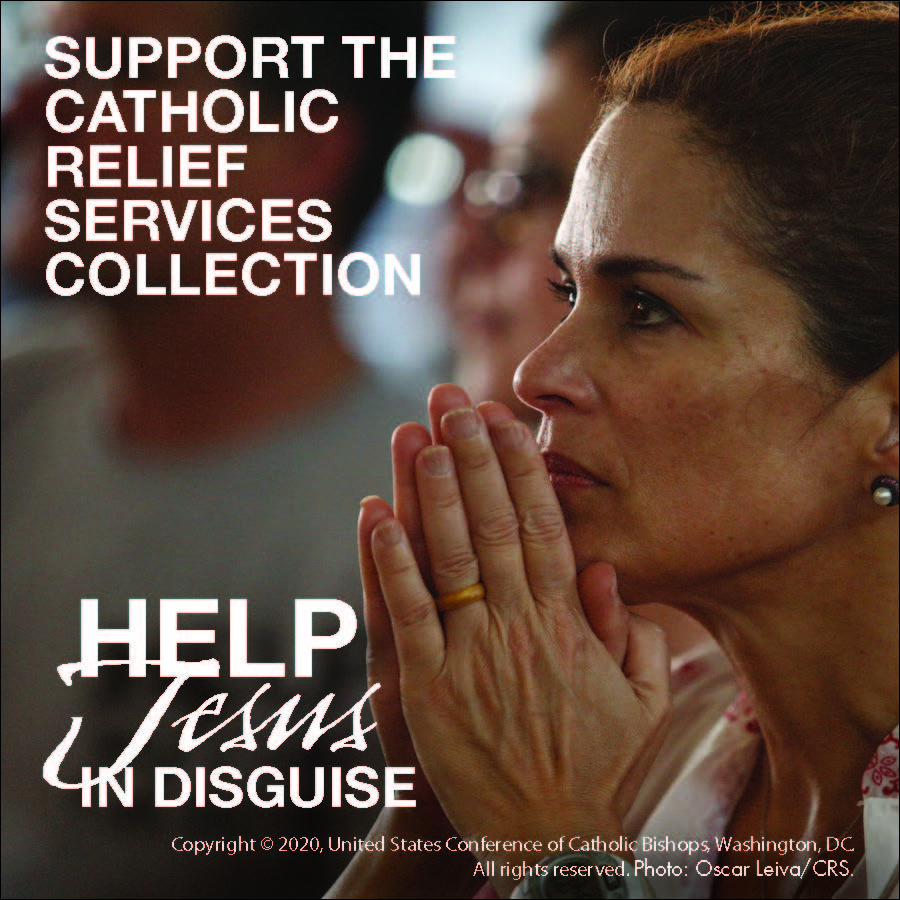WASHINGTON – On the weekend of May 15-16, Catholics throughout the United States will be invited to help spread the good news of hope and mercy by giving to the Catholic Communication Campaign (CCC).
“Ever since Jesus told his disciples to take his message to all nations, the Church has done so using the best communications methods of the day,” said Archbishop Gregory J. Hartmayer, OFM Conv. of Atlanta and chairman of the U.S. Conference of Catholic Bishops’ (USCCB) Subcommittee on the Catholic Communication Campaign.
“Early Christians pioneered new communications technology when they switched from scrolls to booklets. The founder of my own tradition, Saint Francis of Assisi, used the popular media of the middle ages when he spread the Gospel by entertaining in village squares. Today, our Catholic Communication Campaign enables the Church to continue promoting Jesus’ message of faith, hope, and healing through mass media.”
The CCC collection has both local and national impact: half of the gift stays in the donor’s diocese, supporting local projects to inspire, enlighten, and draw people closer to Jesus. The other half supports Catholic communication activities that are national in scope or that aid Catholic outreach in developing nations.
In 2020, the COVID-19 pandemic presented the “perfect storm” with increasing demand for support from the Catholic Communication Campaign while at the same time most parishioners were unable to attend Mass due to COVID-related restrictions the weekend of the collection. That situation resulted in a significant decline in giving to the CCC, which is trending down by more than half.
“We have seen the importance of staying spiritually connected in a time of physical distancing,” said Archbishop Hartmayer. “From local parishes streaming their Masses online for parishioners, to dioceses hosting special opportunities of prayer with their bishops in the midst of fear and uncertainty, the Catholic Communication Campaign provided crucial assistance throughout the COVID pandemic to keep our faith family connected. The CCC relies on the generosity of Catholics across the country to help us continue to spread the Good News, especially during these challenging times.”
When limitations and restrictions on group gatherings prompted churches to close their doors, funds from the CCC collection enabled Catholic ministry to continue in places with little communication infrastructure. The USCCB used CCC funds to help dioceses and parishes livestream the Mass. The USCCB also launched its own redesigned, mobile-friendly website, where Catholics can find daily readings and reflections on Scripture.
COVID is not the only crisis to which this collection responds. Campaign funds have also enabled bishops to lead virtual roundtables on racism, gun control, and care for creation in order to engage the faithful on pertinent moral and social issues. The reach of the collection is far and wide – it is also helping the Archdiocese of Blantyre in Malawi launch a radio station to reach rural Catholics. A grant to Renew International, which produces small group study materials, will underwrite videos in which Sister Helen Prejean, CSJ, explains Church teaching against the death penalty and proposes a better vision of criminal justice. Centesimus Annus Pro Pontifice, Inc., a Vatican-chartered organization that Pope John Paul II founded to promote Catholic social teaching, will use a CCC grant to improve its social media outreach and to produce animated videos on Catholic social principles.
Several recent grants highlight people whose ministry placed them on the path to sainthood. The forthcoming documentary “Mother Saints” will examine the lives of Saint Elizabeth Ann Seton (1774-1821) and Saint Frances Xavier Cabrini (1850-1917), whose service to and advocacy for people on the peripheries still inspires the Church’s social ministry. Another documentary will tell the story of Servant of God Sister Thea Bowman (1937-1990), the granddaughter of a slave who became a joyous advocate for Jesus and for racial justice. In addition, a forthcoming film led by the Diocese of Savannah will share the moving story of the Five Georgia Martyrs who gave their lives in witness to the Christian faith as Franciscan missionaries in what is now Georgia.
“Gifts to this collection will bring the message of Jesus to your community and to communities on the other side of the world,” Archbishop Hartmayer said. “Please give generously, knowing that you are continuing the work of the apostles.”
Resources to promote the collection are on the USCCB’s website. You can learn more about the Catholic Communication Campaign at www.usccb.org/ccc.



